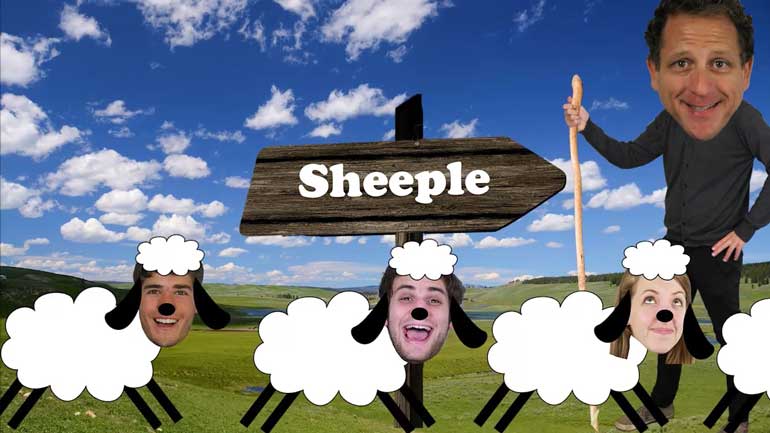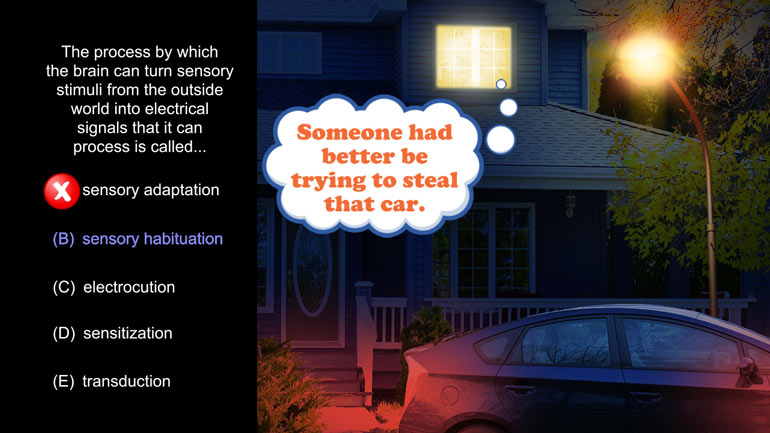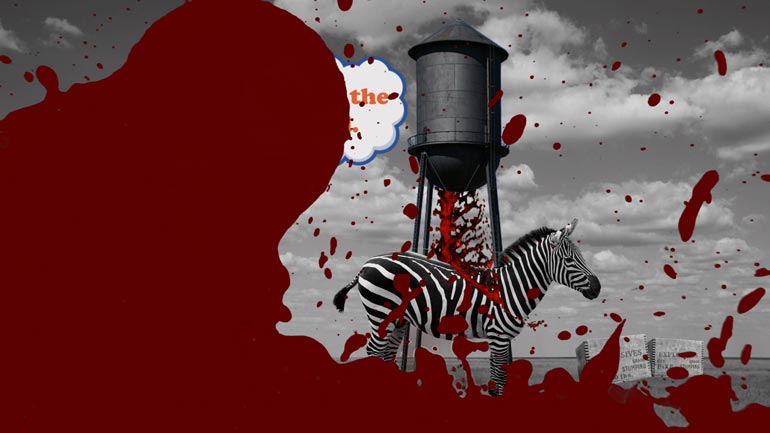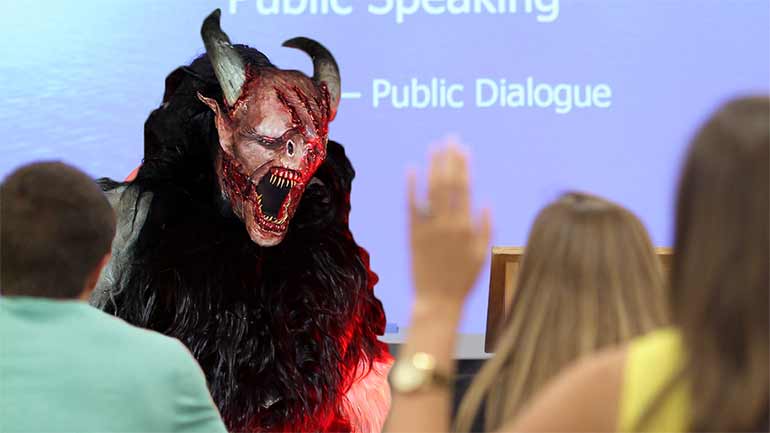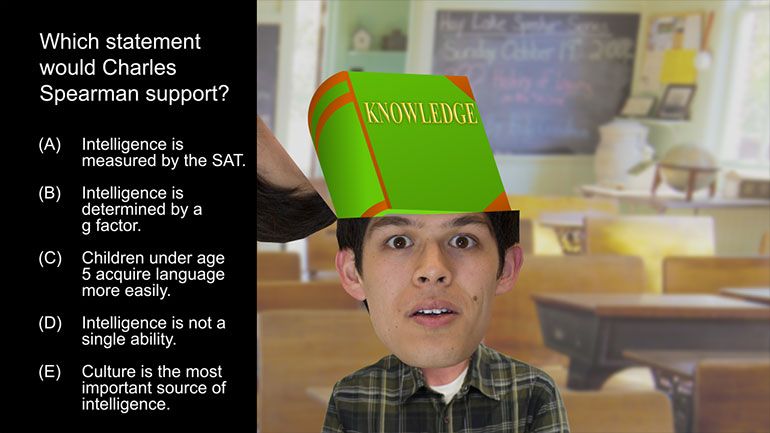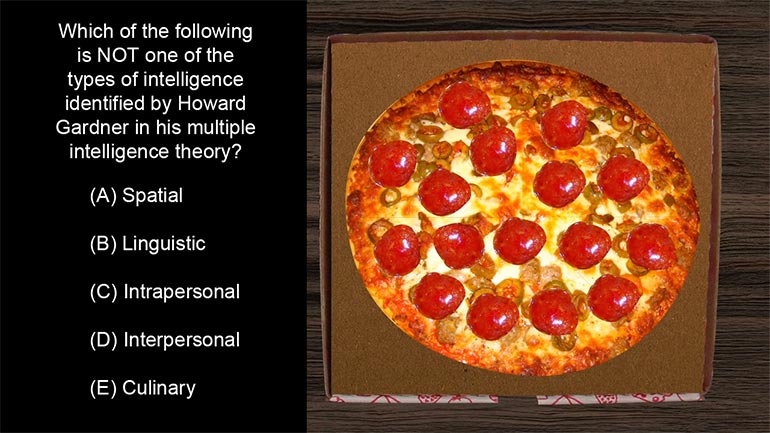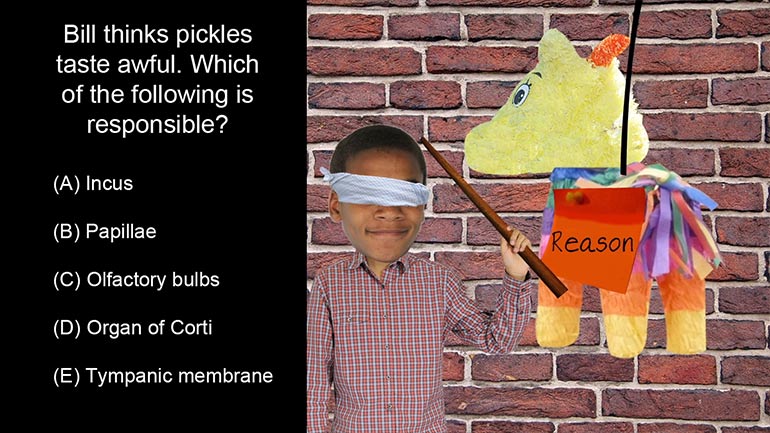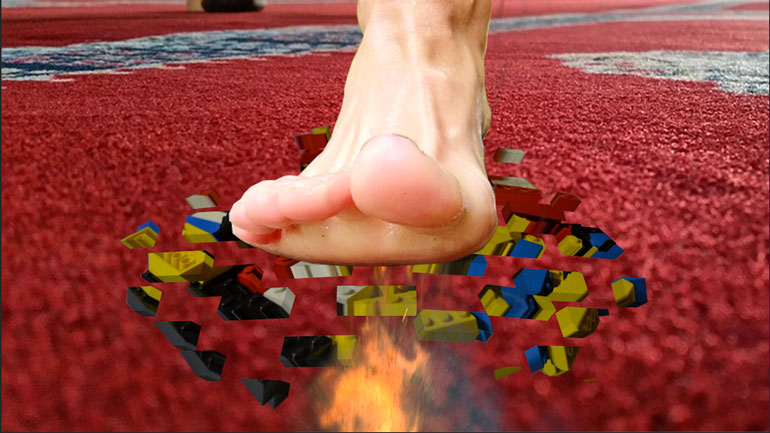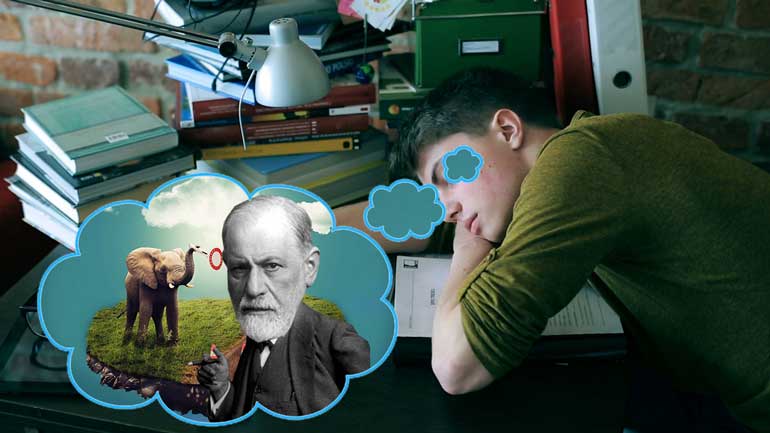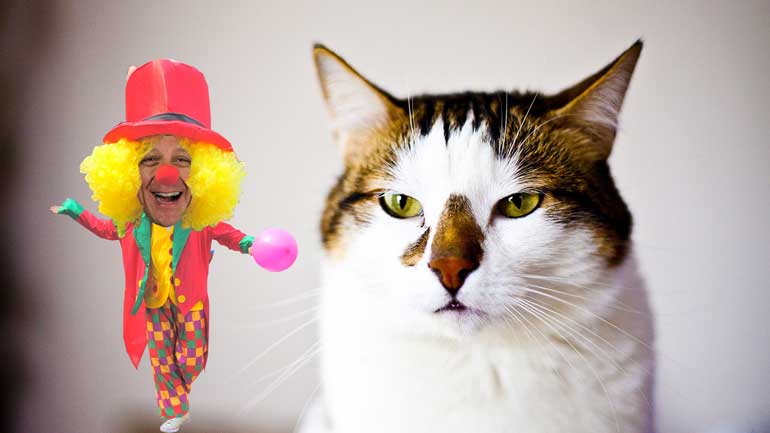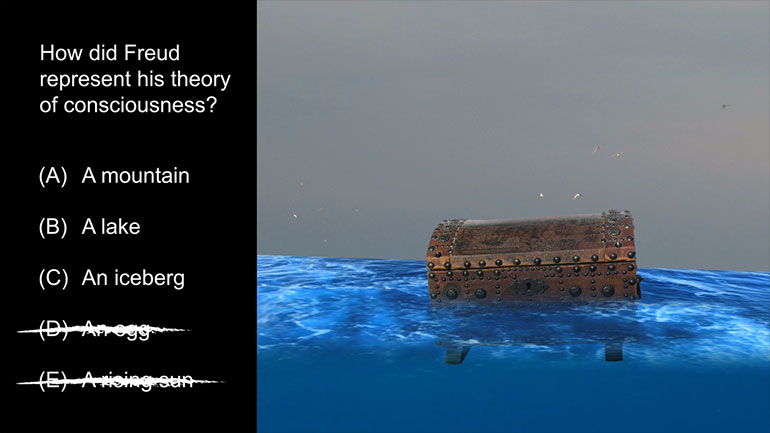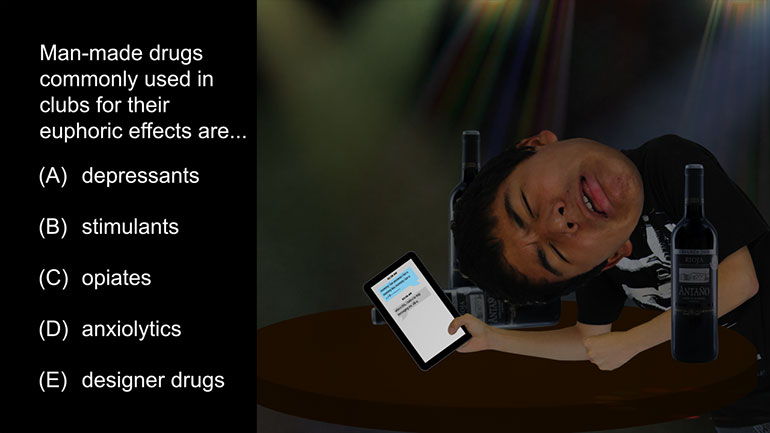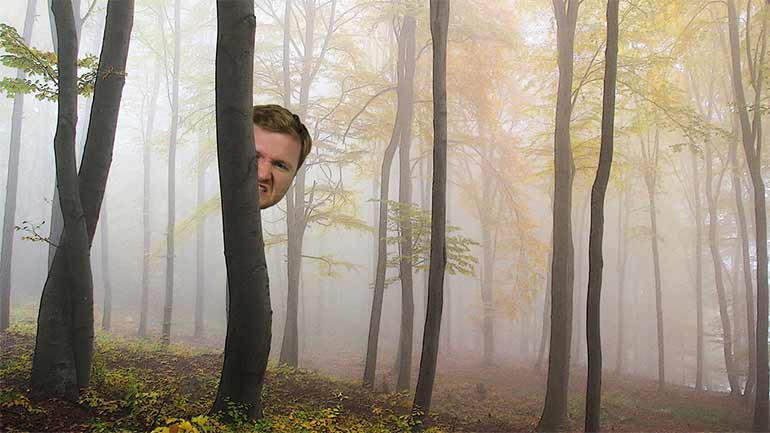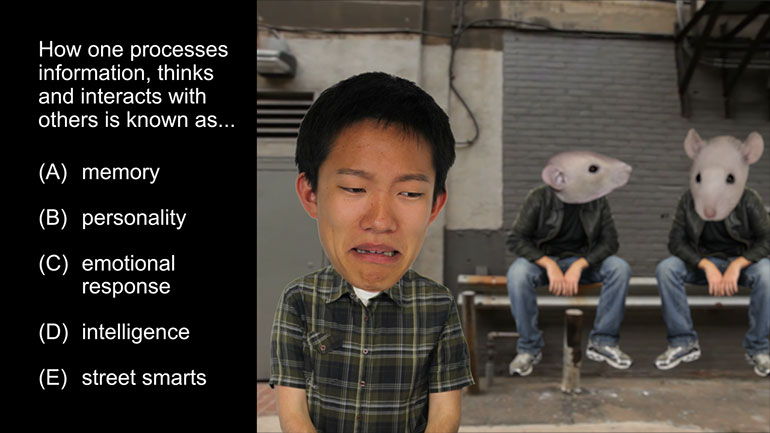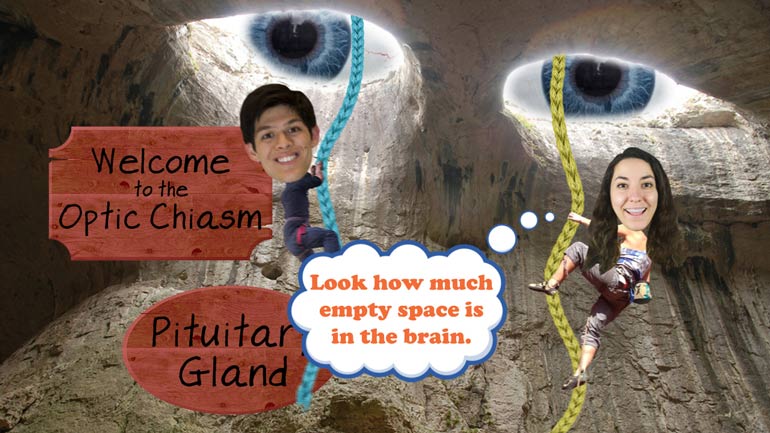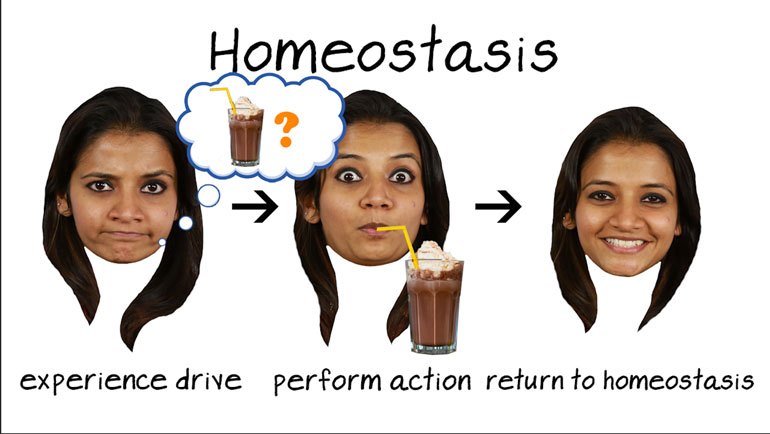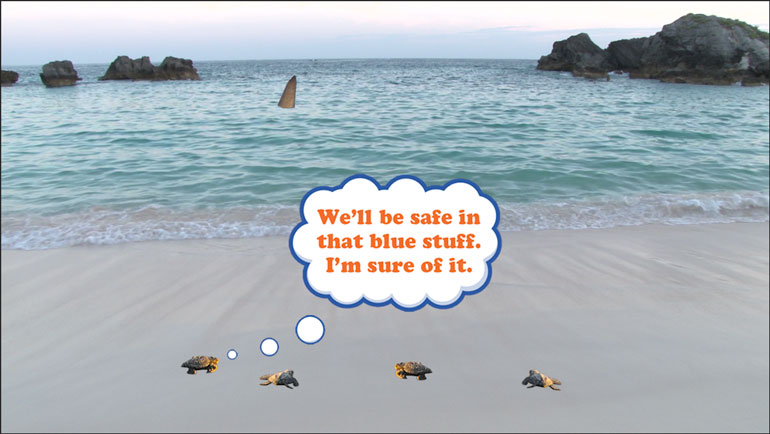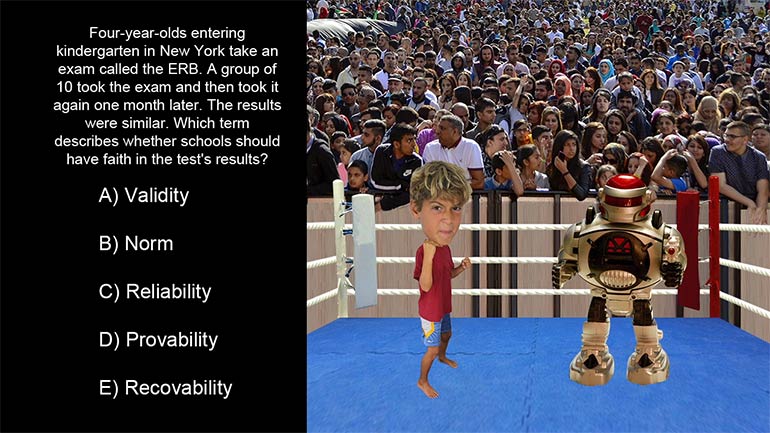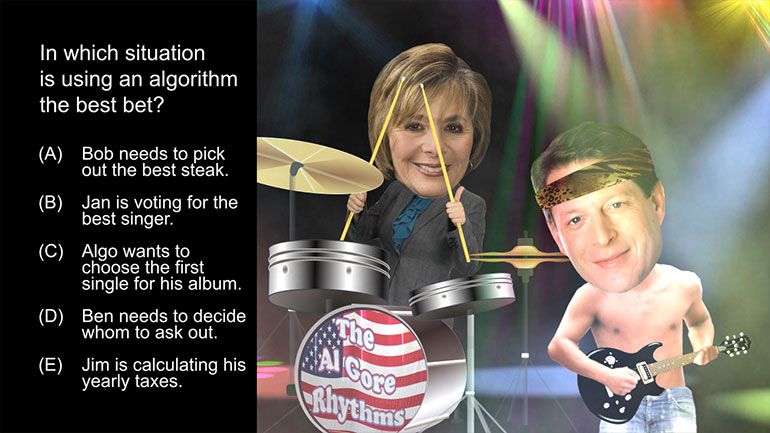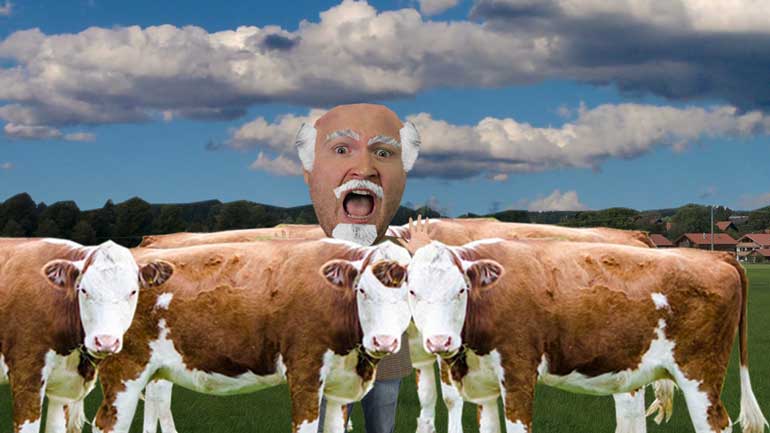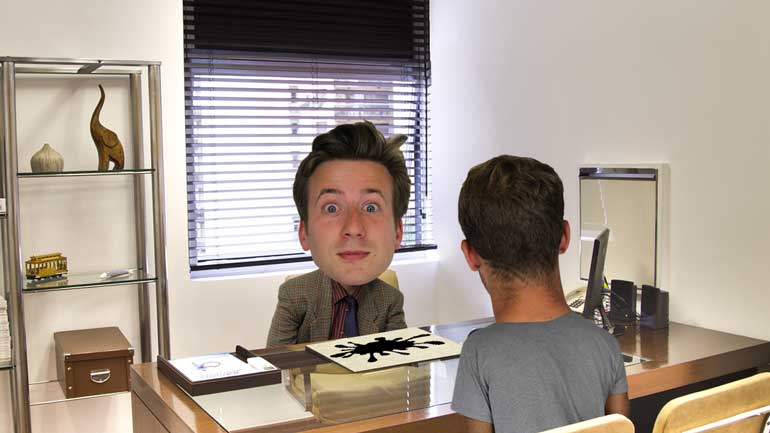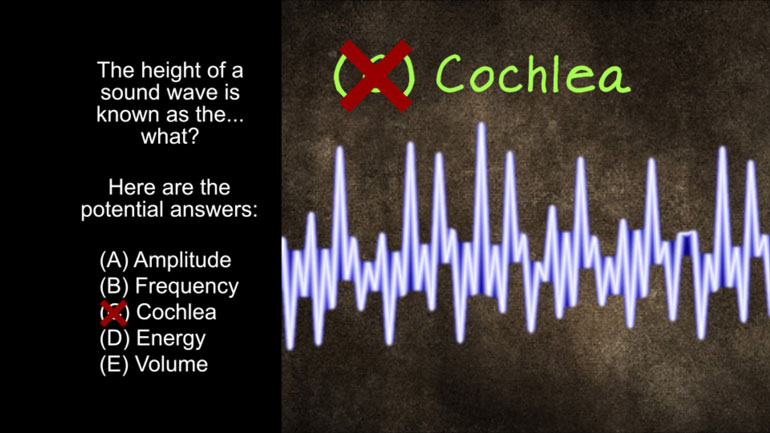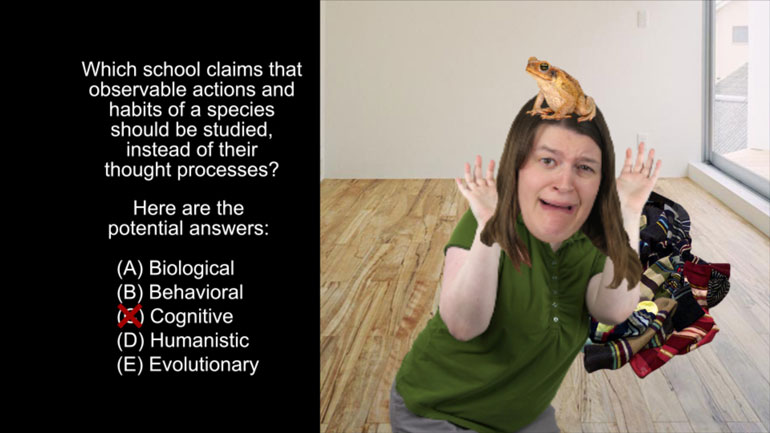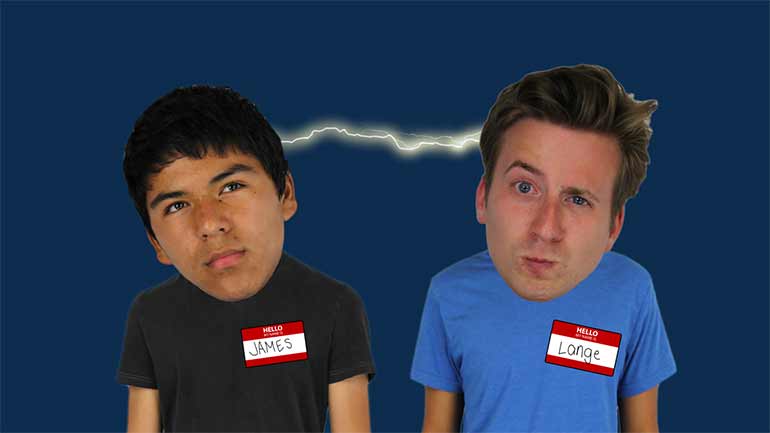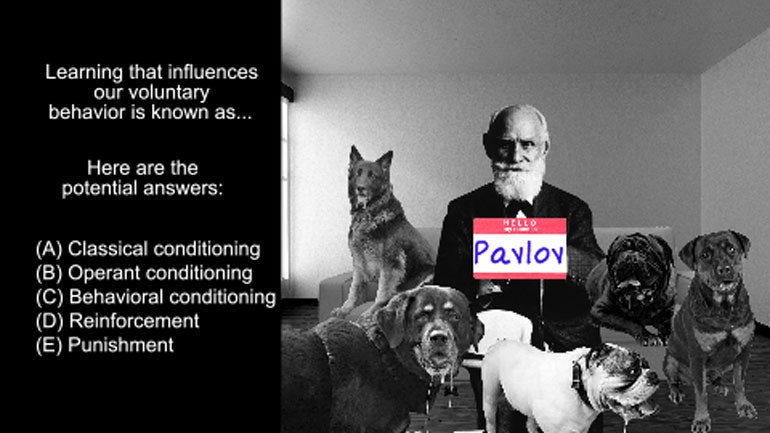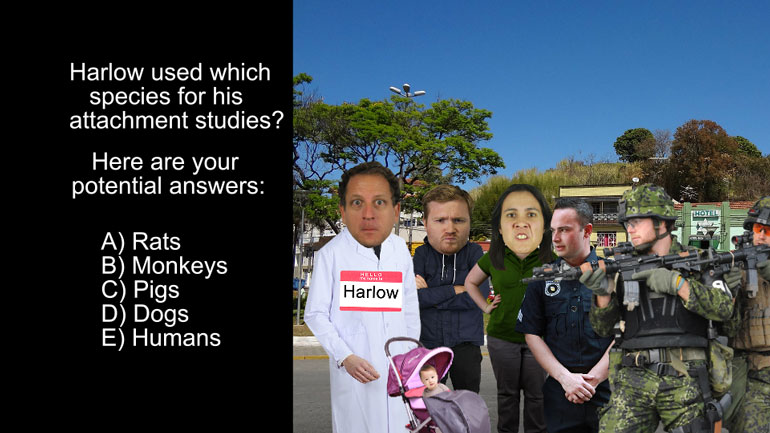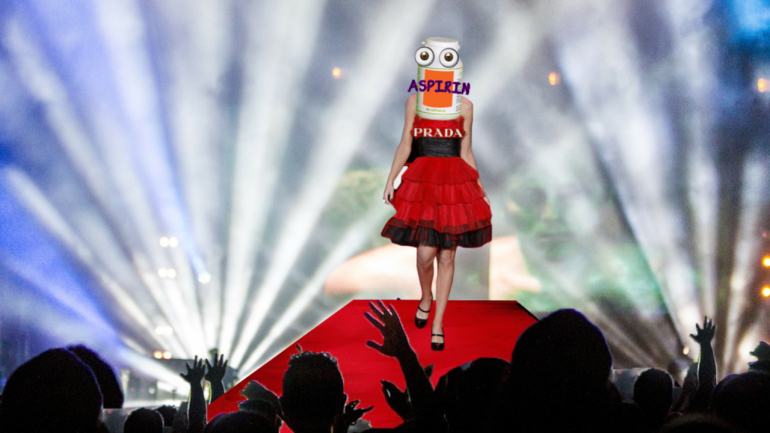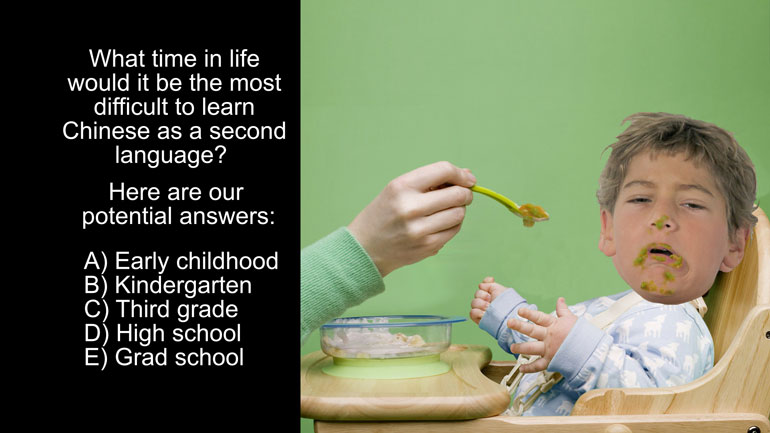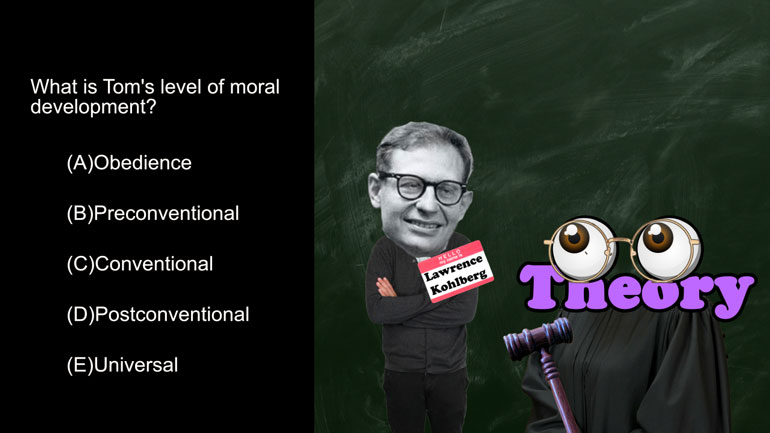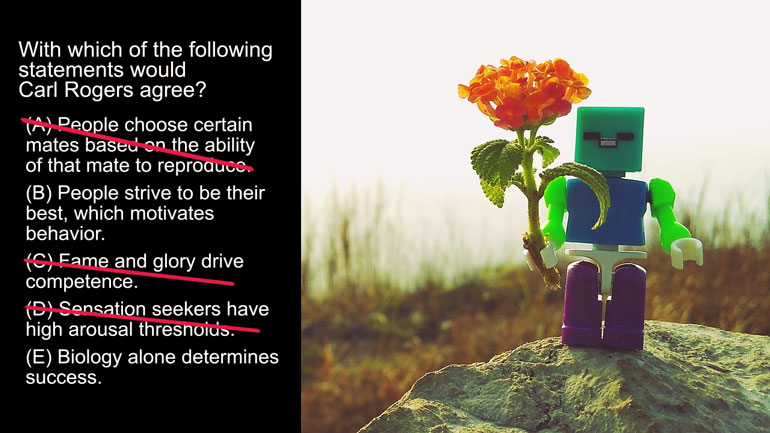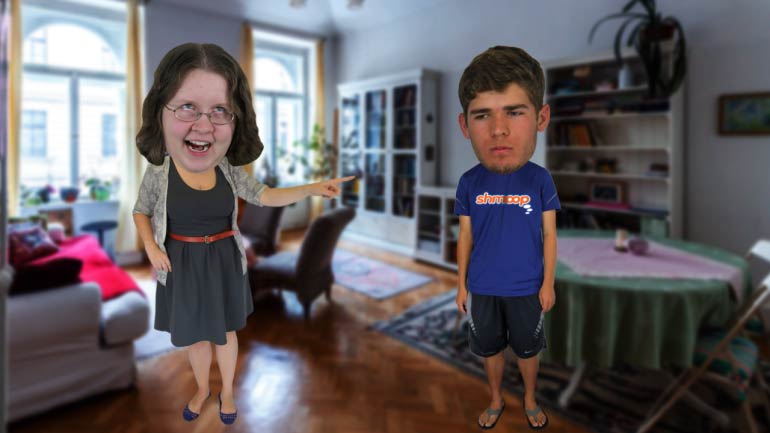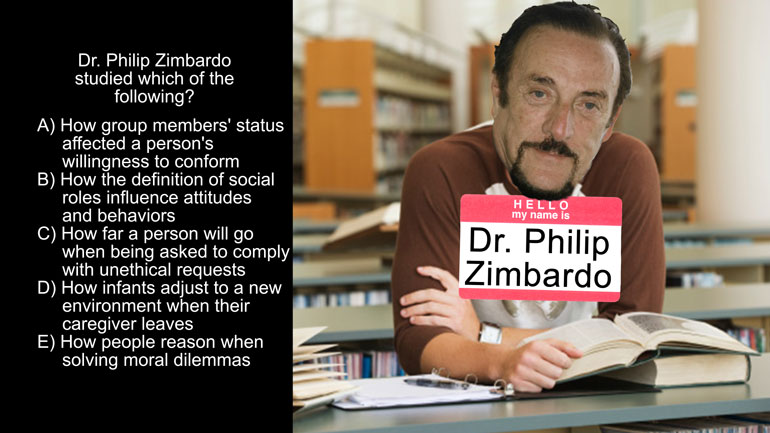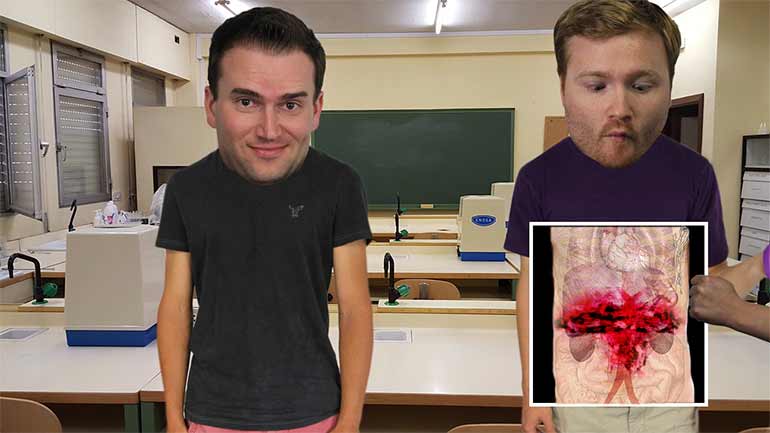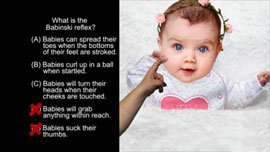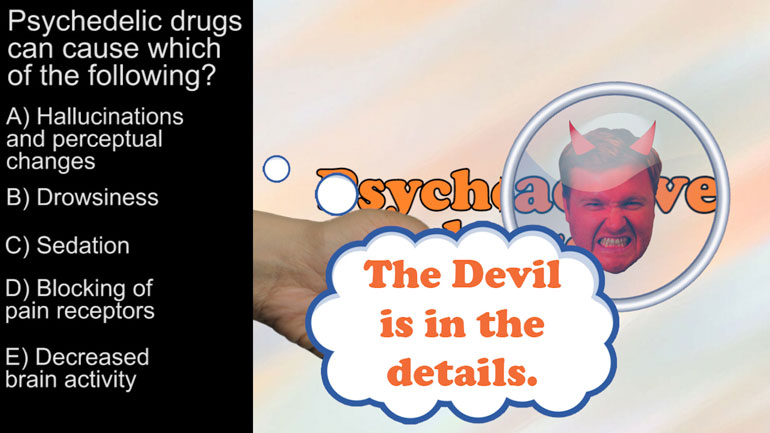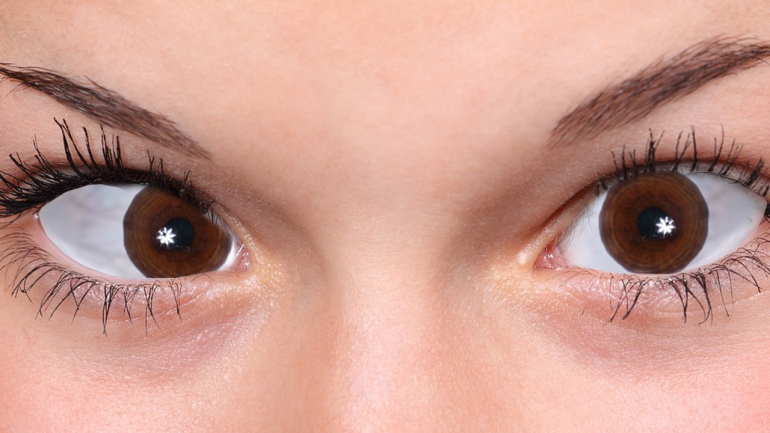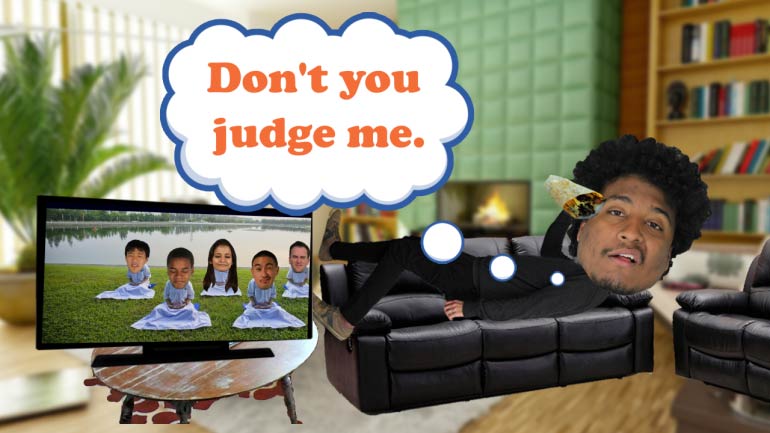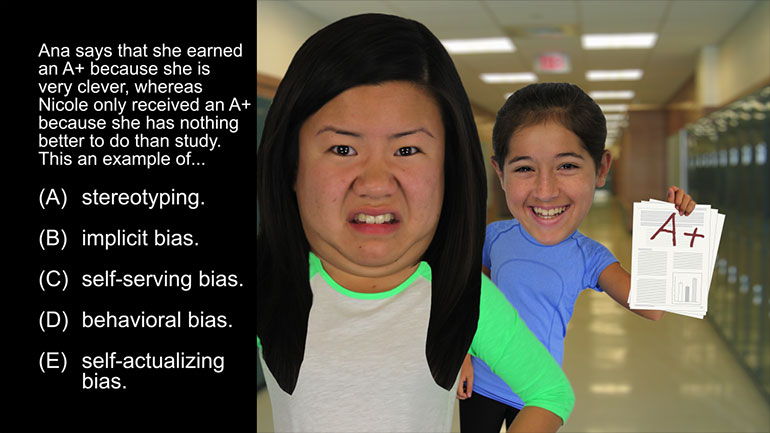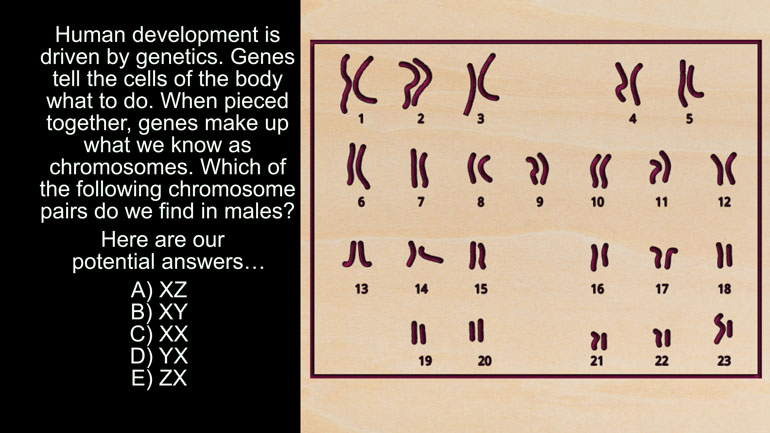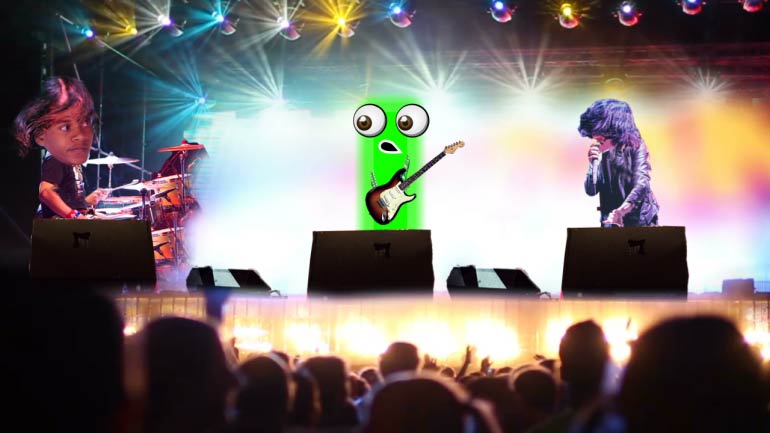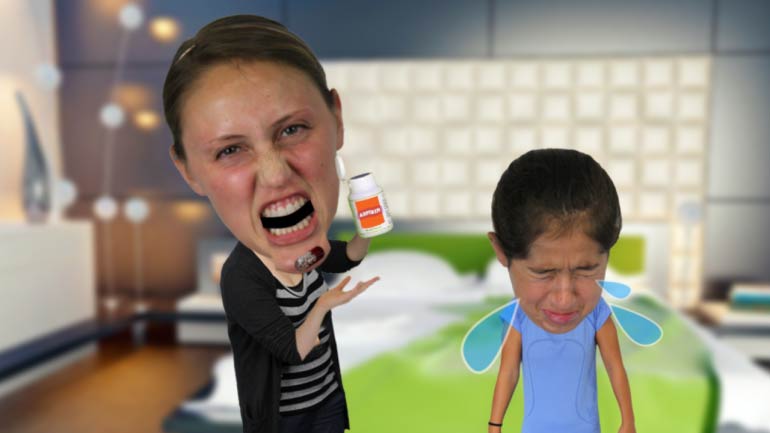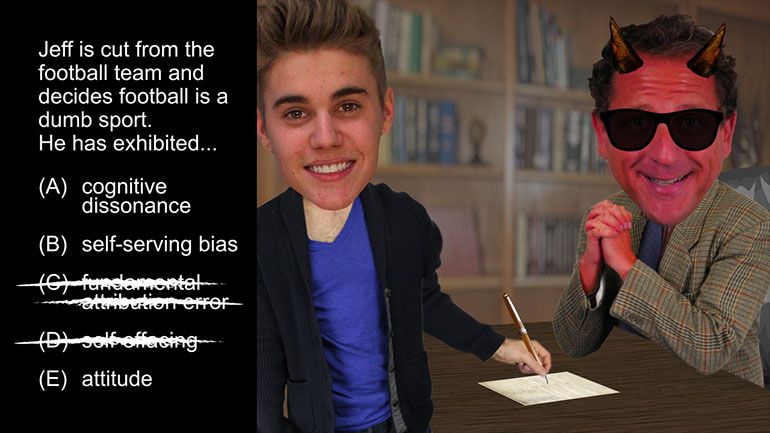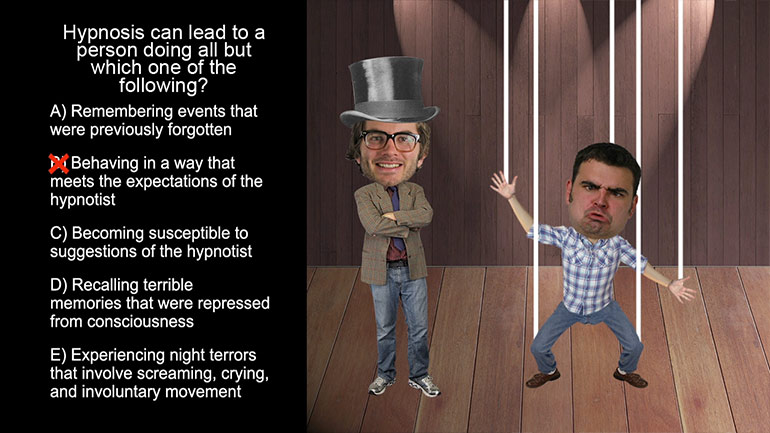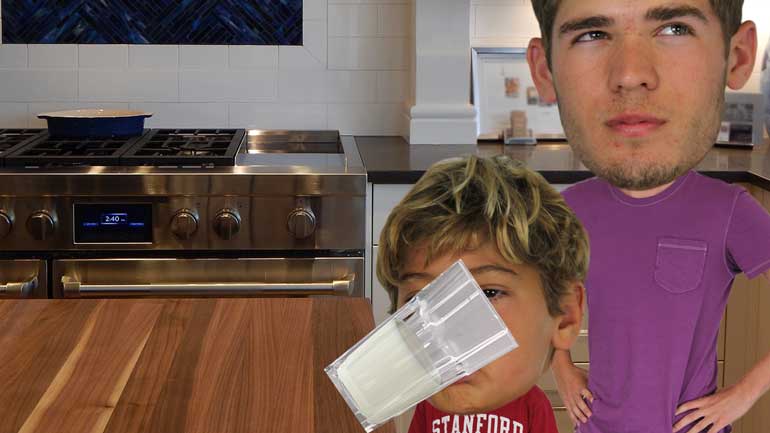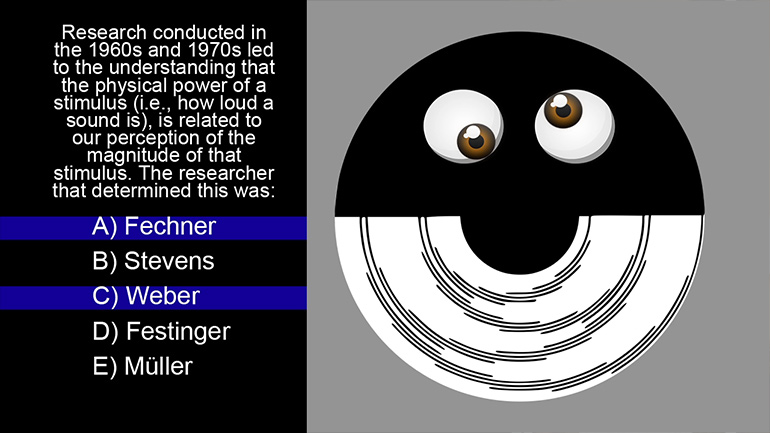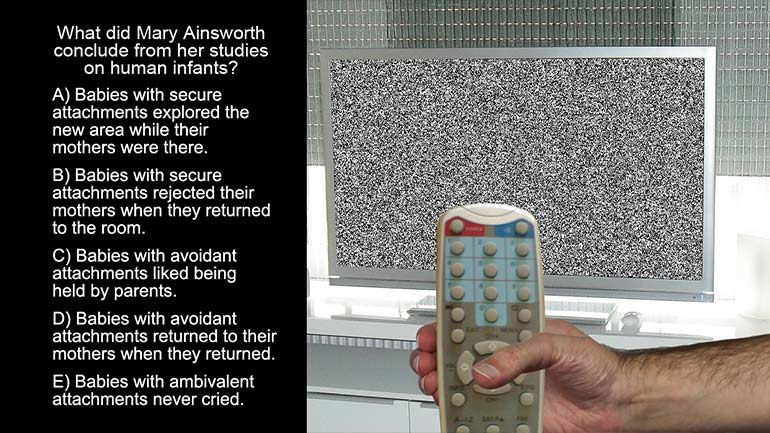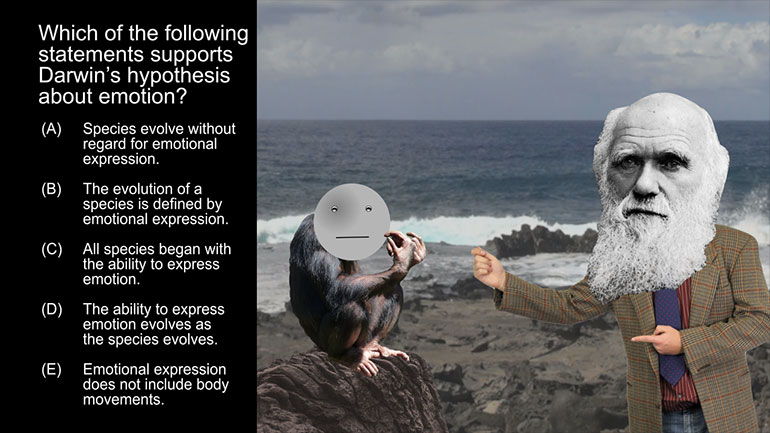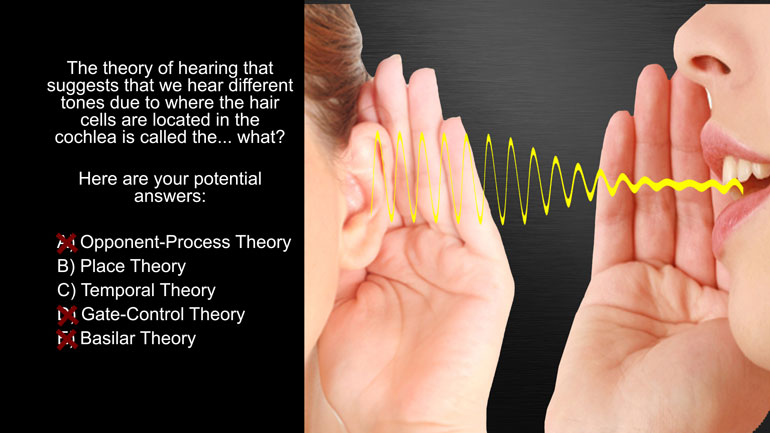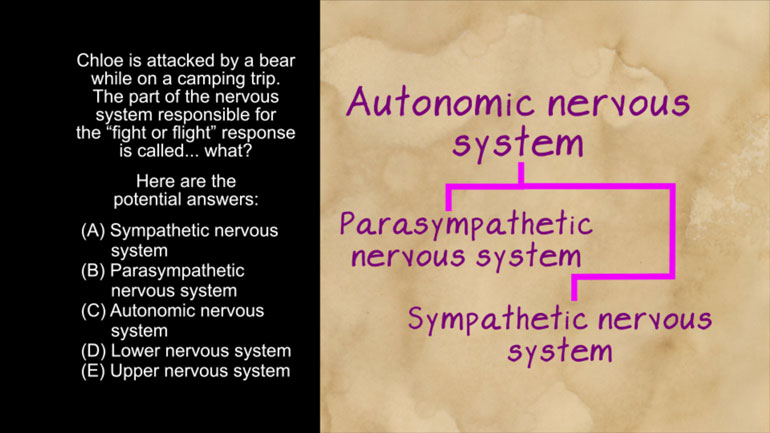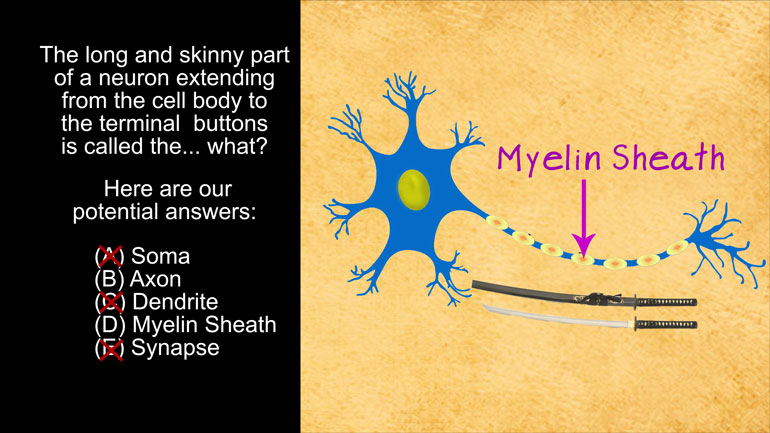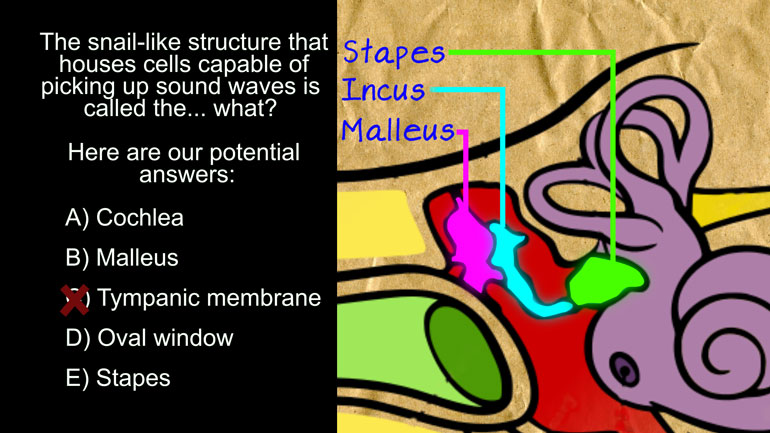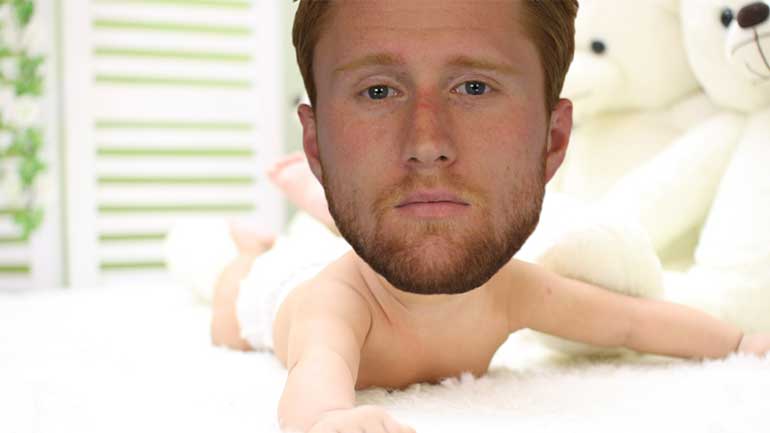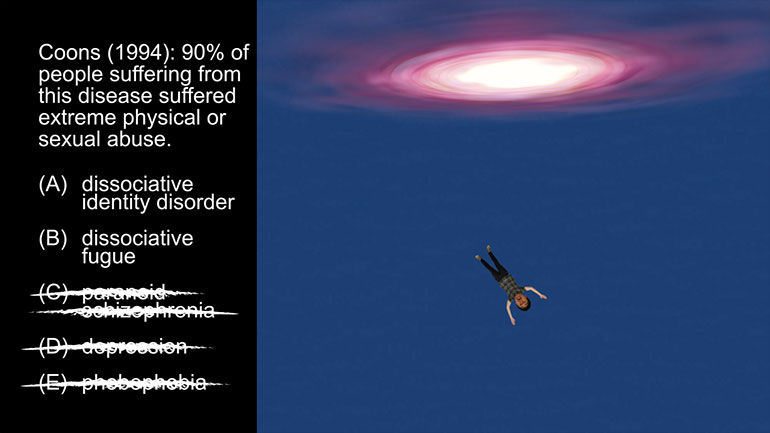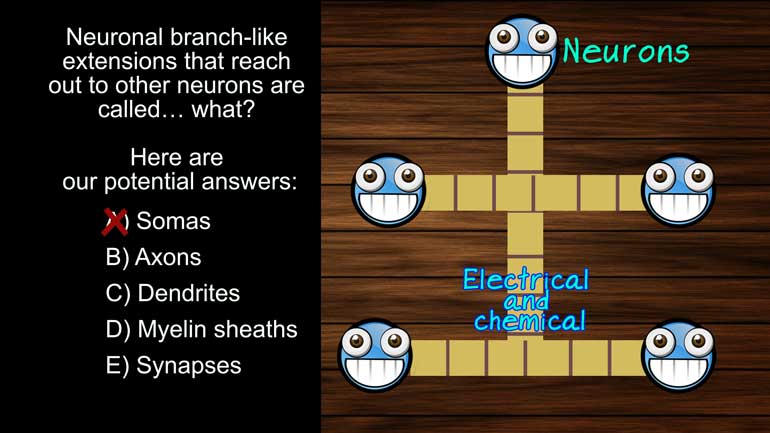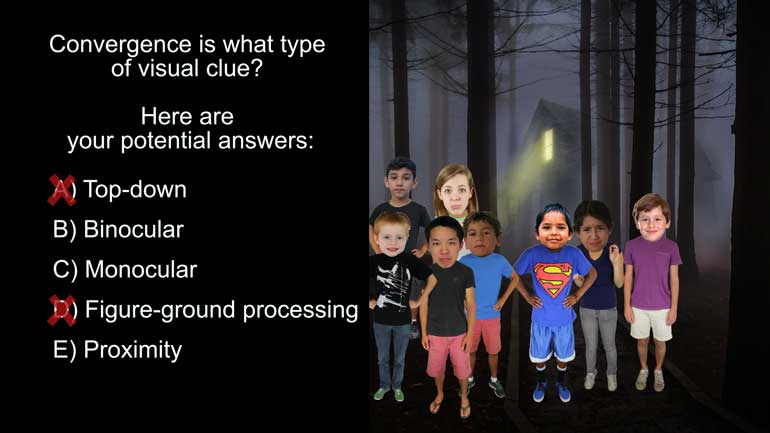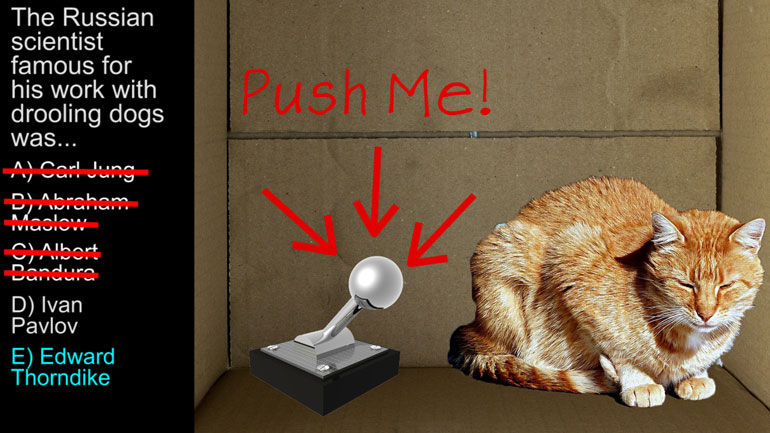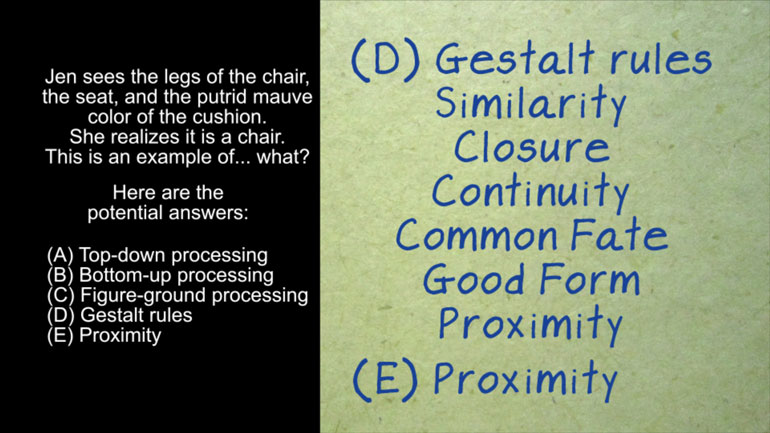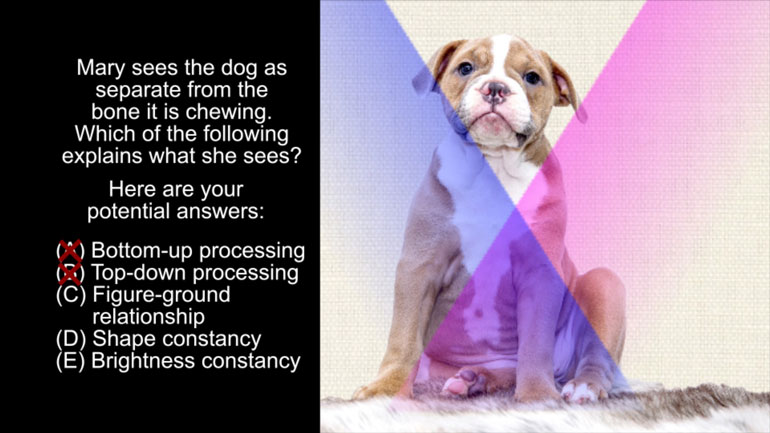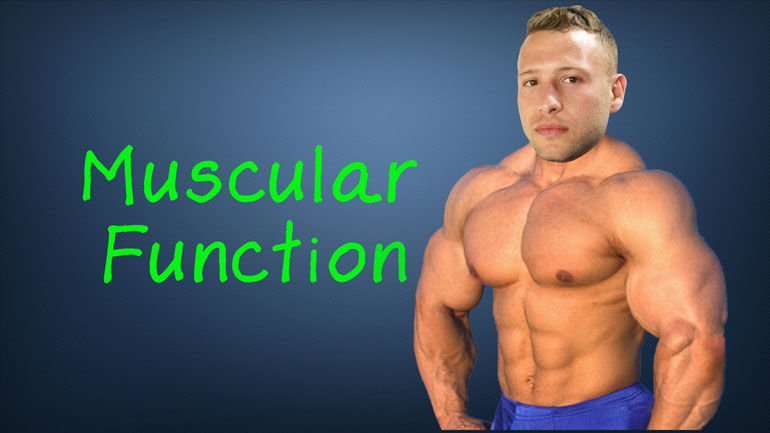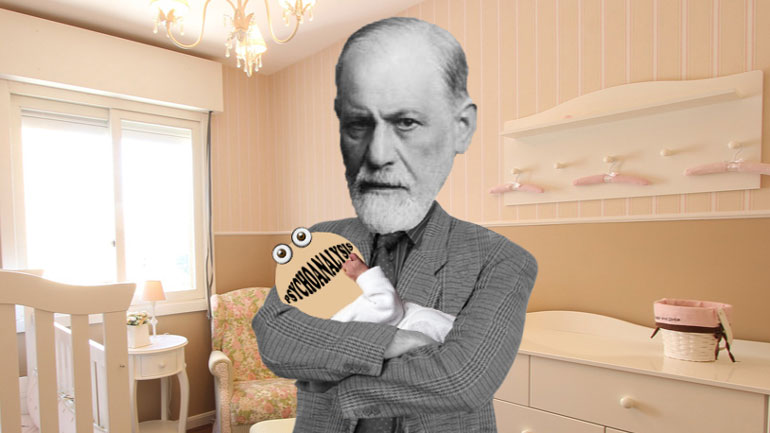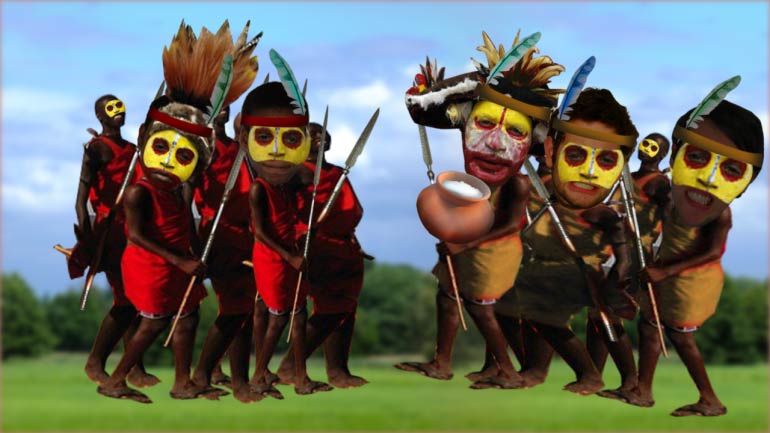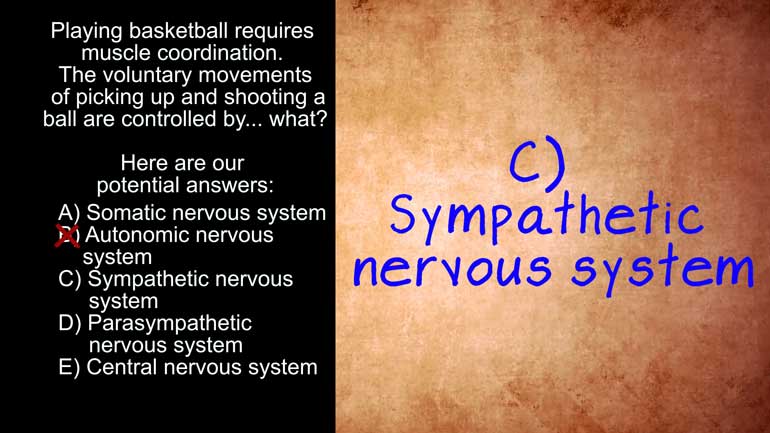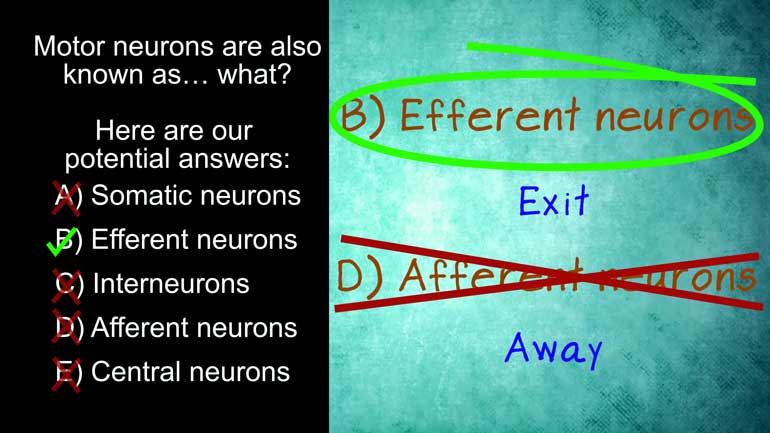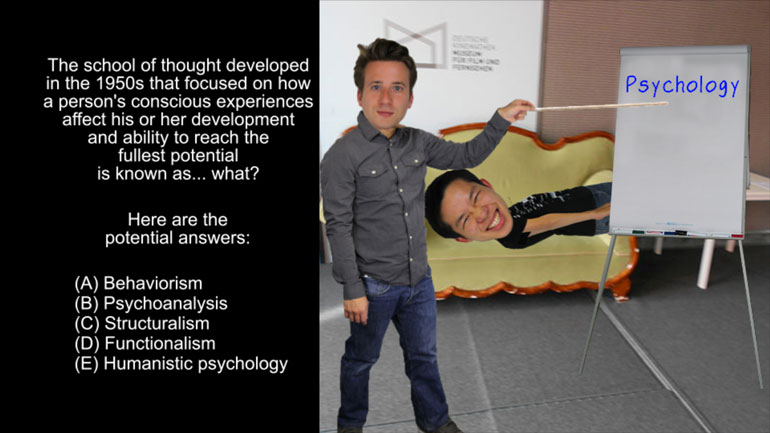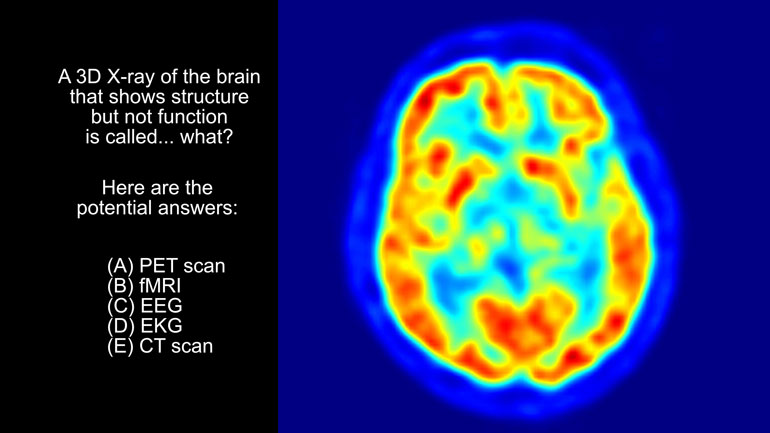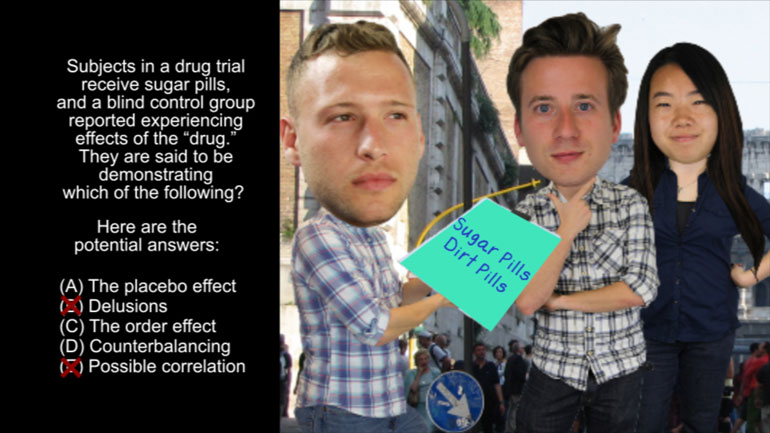ShmoopTube
Where Monty Python meets your 10th grade teacher.
Search Thousands of Shmoop Videos
AP Psychology Videos 163 videos
AP Psychology 2.2 Social Psychology. Which of the following was an independent variable manipulated in Asch's research?
AP Psychology 1.1 Personality. According to Freud, these three parts of personality are constantly in conflict.
AP Psychology 1.1 Sensation and Perception. The process by which the brain can turn sensory stimuli from the outside world into electrical signals...
AP Psychology 2.2 Developmental Psychology 2 Views
Share It!
Description:
AP Psychology 2.2 Developmental Psychology. Harlow used which species for his attachment studies?
Transcript
- 00:04
Here's your shmoop du jour brought to you by attachment studies
- 00:07
otherwise known as experiments on the best way to use paper clips do not [Man in lab setting paperclips on fire]
- 00:11
attempt this at home here's today's question Harlow used
- 00:15
which species for his attachment studies and here the potential anxieties like
- 00:20
Chinese New Year there Harlow studies were conducted in a series of tests
Full Transcript
- 00:24
throughout the 1950s and 60s he knew that babies immediately bond [A baby in elf costume]
- 00:28
with their mothers but he wanted to know exactly what these mechanisms were so
- 00:33
what he did what most scientists do he laughs maniacally like that my questions [Scientist laughing]
- 00:39
well he did what evil and decent
- 00:43
scientists do he experimented Harlow created an environment where he could [Babies in a dark room]
- 00:47
compare groups of babies that were raised in isolation with groups the
- 00:50
babies raised with surrogate mothers if you're thinking separating babies from
- 00:54
their mothers that sounds pretty cruel well that's because it is pretty cruel
- 00:58
seriously no one would ever agree to that at least no humans oh we have the
- 01:02
privilege of consenting to be experimented on so we can cross out E
- 01:06
anyhow Harlow concluded in his heartless experiment that for a baby to develop [Harlow standing in lab with babies]
- 01:11
normally they must have some interaction with an object to which they can clean
- 01:15
during the first month of life clinging it turns out is a natural [Pig appears]
- 01:20
response for young animal to alleviate stress and fear
- 01:24
so there's your excuse for when your significant other tells you you're being [Man and woman walking along the beach]
- 01:28
too needy anyways what animal did Harlow end up using well we can forget pigs and
- 01:33
dogs those are hardly ever used in scientific experiments and stuff we love
- 01:37
Fido and babe but way too much for that stuff anyway and well it makes more
- 01:41
sense to use animals that are more like human biologically genetically [Monkey appear in a tree]
- 01:45
behaviorally structurally etc rat believe it or not are pretty human-like
- 01:49
but have you ever seen a rat clinging to its mother no which means that species
- 01:54
hardly used for his attachment Studies was none other men answered B monkey we
- 02:00
bet PETA is still right now angry letters to Harlow's grave about that one [Graveyard appears]
Related Videos
AP Psychology 2.2 Social Psychology. Which of the following was an independent variable manipulated in Asch's research?
AP Psychology 1.1 Personality. According to Freud, these three parts of personality are constantly in conflict.
AP Psychology 1.1 Sensation and Perception. The process by which the brain can turn sensory stimuli from the outside world into electrical signals...
AP Psychology 1.1 Social Psychology. Which of the following best describes social psychology?
AP Psychology 1.1 States of Consciousness. Who conducted research on REM sleep deprivations?
